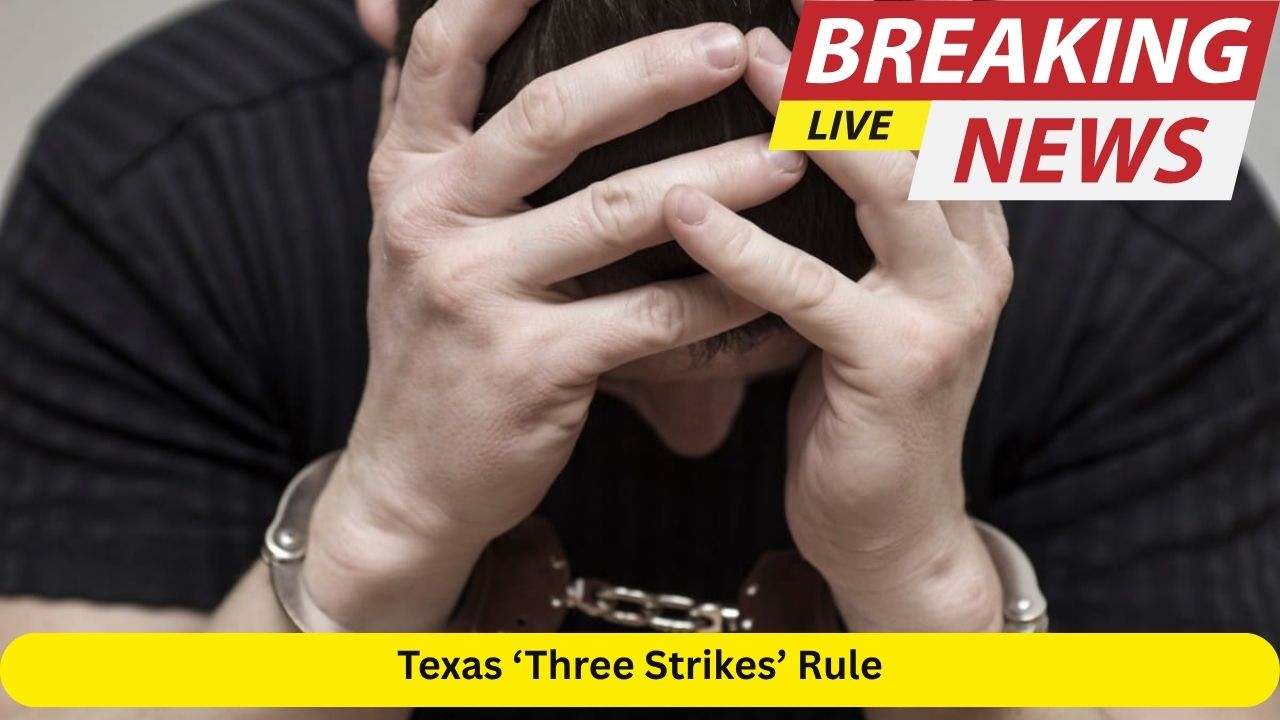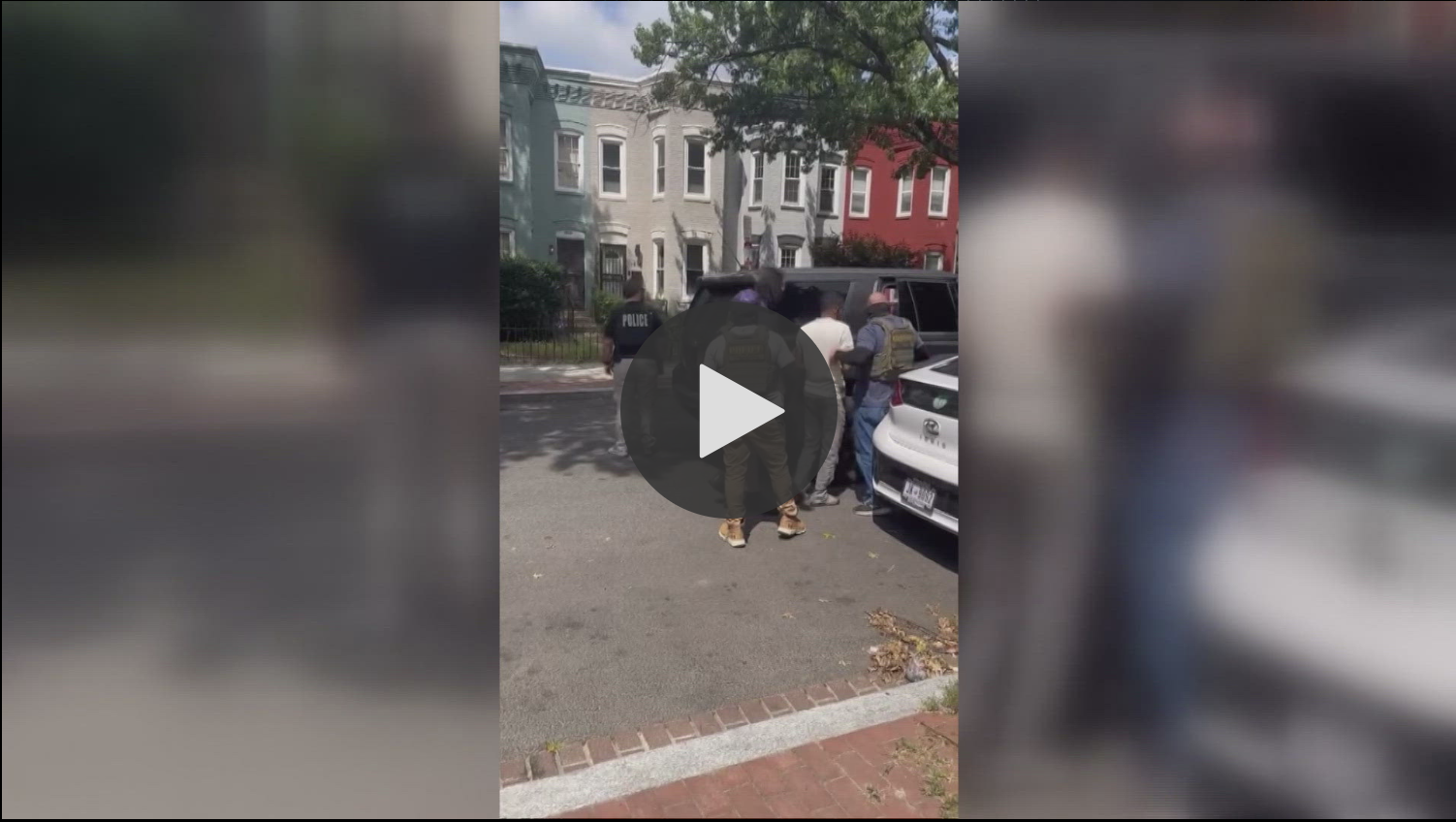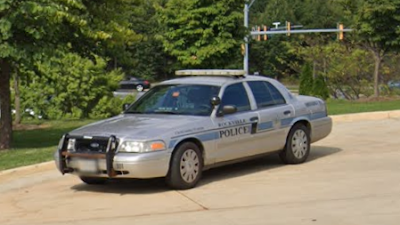In the heart of the American South, Texas is known for its tough-on-crime policies. Among the most controversial is its version of the “Three Strikes” rule, a legal framework designed to lock away repeat offenders. Initially intended to deter serious criminals, this law has had unintended consequences. Across Texas—from bustling cities like Houston and Dallas to quieter towns like Ingleside and Lubbock—individuals with non-violent pasts are serving life sentences for offenses as minor as shoplifting or drug possession.
This article explores how Texas’ Three Strikes rule operates, its impact on communities, and why many argue that the system urgently needs reform.
Understanding the Texas ‘Three Strikes’ Law
The Texas Three Strikes law is part of a broader trend in U.S. criminal justice that imposes mandatory life sentences on individuals convicted of three or more felony offenses. In Texas, if someone has two prior felony convictions, a third felony conviction—regardless of its severity—can result in a sentence of 25 years to life.
Unlike in some states, Texas does not limit the third strike to violent crimes. Instead, any felony—even a relatively minor one—can trigger the rule if the individual has the wrong combination of past convictions. For instance, a third charge for theft or possession of a controlled substance could land someone in prison for the rest of their life.
The Legal Framework Behind the Law
Under the Texas Penal Code Section 12.42, the habitual offender statute outlines the sentencing enhancements applied to repeat offenders:
-
A person with two prior felony convictions can be sentenced to 25 years to life upon a third felony conviction.
-
The prior offenses must arise from separate criminal episodes and be final convictions before the next offense occurs.
-
Certain offenses, like aggravated felonies or crimes involving a deadly weapon, automatically trigger harsher penalties.
In theory, the law targets habitual violent criminals. But in practice, the broad definition of felonies in Texas—ranging from drug possession to property crimes—means that individuals with no history of violence are often caught in its web.
Real-Life Cases: From Minor Offense to Life in Prison
A Case in Houston
In Houston, a man named James was sentenced to life under the Three Strikes rule for stealing a pair of hedge clippers. His two prior convictions were also for non-violent property crimes. Despite the petty nature of his third offense, the court was bound by the statute to hand down a life sentence.
Lubbock and Drug Possession
In Lubbock, a woman in her 40s was arrested for possessing less than one gram of methamphetamine. Her two prior drug-related felonies sealed her fate—she was sentenced to 25 years without parole.
Ingleside and Petty Theft
In Ingleside, a small coastal town in San Patricio County, a 37-year-old man faced life in prison after being caught stealing tools from a local hardware store. With two previous convictions for burglary, the court had no choice but to consider the maximum penalty under the Three Strikes rule.
These stories are not isolated incidents. In cities across Texas, minor offenses have led to shockingly disproportionate sentences.
Cities Most Affected by Harsh Sentencing
Houston
Houston, the largest city in Texas, also has one of the highest incarceration rates under the Three Strikes law. Harris County prosecutors frequently pursue habitual offender enhancements, often citing public safety concerns.
Dallas
In Dallas County, public defenders have raised concerns about the lack of discretion in sentencing. They note a surge in life sentences for non-violent third offenses, especially among marginalized communities.
San Antonio
San Antonio has seen an increase in sentencing enhancements for individuals with prior drug charges. Many of these cases involve addicts with long histories of substance abuse but no violent pasts.
Austin
Austin, despite its more progressive reputation, is not exempt. Data shows that repeat offender laws have contributed to significant prison population growth, even as overall crime rates have declined.
Ingleside and Smaller Towns
Smaller communities like Ingleside often follow the lead of district attorneys from larger counties. However, in rural areas, public defenders are limited, and defendants are more likely to accept plea deals—sometimes without understanding the full weight of the Three Strikes implications.
Racial and Socioeconomic Disparities
The Texas Three Strikes law has been criticized for disproportionately impacting Black and Hispanic communities. According to data from the Texas Department of Criminal Justice:
-
Over 60% of inmates serving enhanced sentences under the Three Strikes law are people of color.
-
Individuals from low-income backgrounds are more likely to accept plea bargains that lead to third-strike convictions.
-
In areas like South Dallas, East Houston, and El Paso’s Lower Valley, the law has created generational cycles of incarceration.
Moreover, socioeconomic factors play a key role. Those unable to afford quality legal defense are more vulnerable to aggressive prosecution and are less informed about long-term consequences.
Financial Cost to the State
Incarcerating someone for life is expensive—especially when that individual is aging and requires medical care. According to state data:
-
Texas spends an average of $27,000 per year per inmate.
-
For elderly prisoners, the cost can exceed $70,000 annually due to increased healthcare needs.
-
Life sentences handed out under the Three Strikes rule have resulted in billions in taxpayer spending over the past two decades.
Additionally, overcrowded prisons have led to staff shortages, riots, and increased recidivism. In towns like Abilene, Huntsville, and Beaumont, correctional facilities are stretched to their limits, housing large populations of aging inmates with no prospect of release.
Public Opinion and Political Debate
Support for the Law
Proponents argue that the Three Strikes rule keeps habitual criminals off the streets. Victims’ rights groups and some law enforcement officials maintain that repeat offenders should face harsh consequences, regardless of the offense type.
Opposition Gaining Ground
However, public sentiment is shifting. A growing number of Texans believe the law is too rigid and punitive. Advocacy groups such as Texas Fair Defense Project and Faith in Texas have been vocal in calling for reforms.
A 2024 public survey conducted in major cities showed:
-
68% of respondents supported reforming the law to exclude non-violent offenses.
-
Only 21% believed minor third offenses should result in life sentences.
-
Support for reform was highest in Austin, Dallas, and San Antonio.
Reforms and Legal Challenges
Recent Reform Attempts
Several lawmakers have introduced bills aimed at reforming the Three Strikes rule:
-
Proposals to exclude non-violent offenses from enhancement consideration.
-
Measures to give judges greater discretion during sentencing.
-
Efforts to expunge certain felonies after long periods of good behavior.
In 2023, a bipartisan bill in the Texas Legislature narrowly failed. However, reform advocates are optimistic about a 2025 push, especially as public pressure mounts.
Legal Challenges
Defense attorneys have begun to challenge life sentences under the Eighth Amendment, which prohibits cruel and unusual punishment. While most appeals are unsuccessful, some courts have expressed concerns about the proportionality of these sentences—especially for non-violent crimes.
Conclusion
Texas’ Three Strikes rule was created to protect the public from dangerous repeat offenders. But over time, it has morphed into a mechanism that can turn minor crimes into life-altering punishments. From the courtrooms of Houston to the jails of Ingleside, countless individuals are living examples of a system that often prioritizes punishment over rehabilitation.
As Texas grapples with a changing political landscape, a growing budget crisis, and evolving public opinion, the future of the Three Strikes law is uncertain. What is clear, however, is that real reform will require courage, compassion, and commitment to justice for all Texans—regardless of their past.
















Leave a Reply